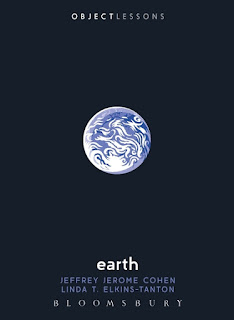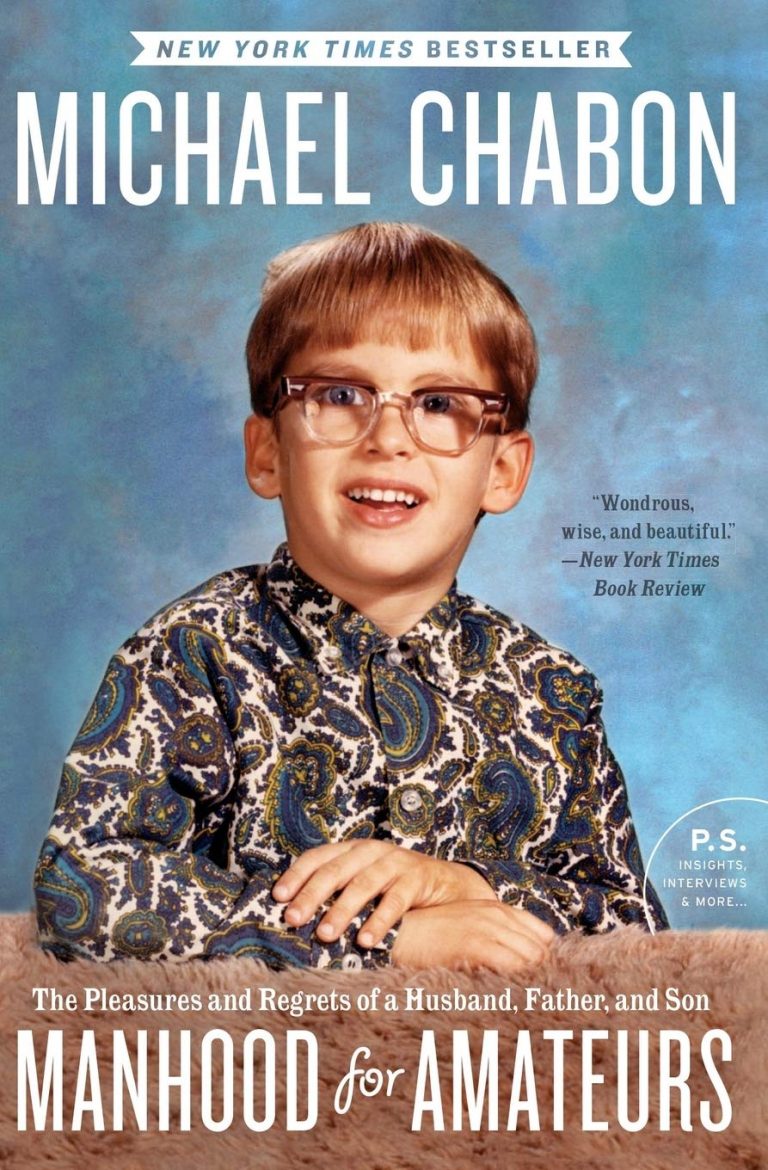Professor Antonio López on the Culture and Politics of Race in Cuba
Professor Antonio López appears in the latest edition of “The Chronicle Review” for The Chronicle of Higher Education, reflecting on a number of recent scholarly publications on Cuba and race, focused especially on the situation of Afro-Cubans. Readers of this blog are already well-acquainted with Professor López’s work in the field, as his own eagerly-awaited book, Unbecoming Blackness: The Diaspora Cultures of Afro-Cuban America, appeared from NYU Press late last year. Read about that publishing event here.
In The Chronicle this week, Professor López writes,
 |
| Reuters, Enrique de la Osa (from the review article “To Be Black in Cuba,” by Antonio López in The Chronicle of Higher Education) |
“For years many people in the United States either ignored Cuba or viewed the island through a familiar prism: the U.S. intervention in the war for Cuban independence in 1898, the missile crisis, the rise and influence of post-1959 expatriate communities, or the mass migrations from the island. Beneath the headlines, intellectuals and writers in Cuba and the United States have long been interested in the island, though often through a lens of evasion and contradiction when it comes to race and, in particular, the situation of Afro-Cubans. That was the case despite the efforts of some critics who looked at racism in Cuba. Now, in the last decade or so, scholarly attention has coalesced on the culture and politics of race in Cuba—and in the broader Cuban diaspora.”
If you are on GW’s campus, or have a subscription to The Chronicle online, you can read the full review here.
Professor López discusses two monographs — Vera M. Kutzinski’s The Worlds of Langston Hughes: Modernism and Translation in the Americas (Cornell UP, 2012) and Jafari S. Allen’s ¡Venceremos?: The Erotics of Black Self-Making in Cuba (Duke UP, 2011).; two edited collections — Alejandro de la Fuente’s The Art of Afro-Cuba (U of Pittsburgh P, 2013) and Daisy Rubiera Castillo and Inés María Martiatu Terry’s edited collection Afrocubanas: historia, pensamiento y prácticas culturales (Editorial de Ciencias Sociales, 2011); and, finally, a biography of the Afro-Cuban-American baseball player Alejandro Pompez — Adrian Burgos, Jr.’s Cuban Star: How One Negro-League Owner Changed the Face of Baseball (Hill and Wang, 2011). Professor López’s review surveys controversies in journalism on and off the island, the “twists and turns of Spanish in its relations with English,” a hemispheric American or African-American literary and cultural studies, and the ways in which gay and lesbian sexualities intersect with Afro-Cubanness. He concludes by detailing the performance in Miami of the Afro-Cuban rapper Raudel Collazo Pedroso, performing (in Pedroso’s own words) “as a father, as a Cuban, and as a negro.” Pedroso’s peformance, Professor López suggests, gestures toward or sounds out “an island-Cuba future other than the one sanctioned now.”





